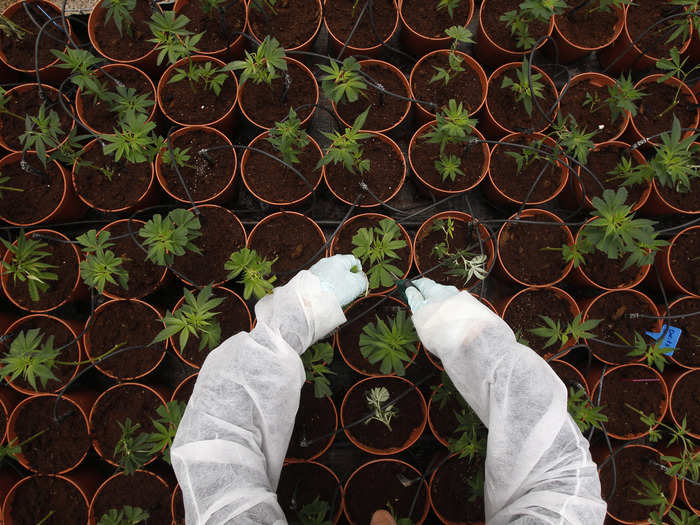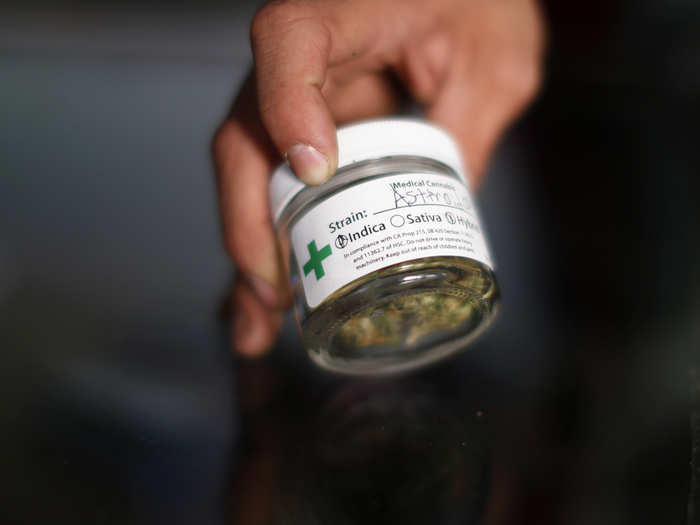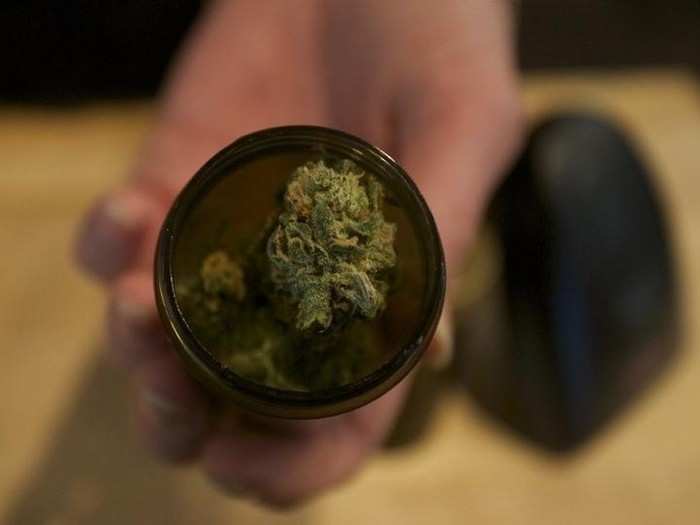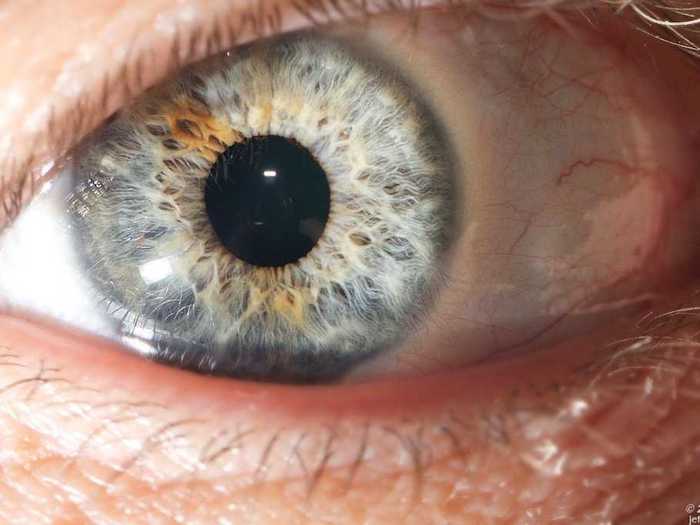What marijuana does to your body and brain
Marijuana can make us feel good.

It can make your heart race.

Within a few minutes of inhaling marijuana, your heart rate can increase by 20-50 beats per minute. This can last anywhere from 20 minutes to three hours, according to the National Institute on Drug Abuse.
Weed may help relieve some types of pain.

Pot also contains cannabidiol (CBD), and this chemical — while not responsible for getting you high — is thought to be responsible for many of marijuana's therapeutic effects, from pain relief to a potential treatment for certain kinds of childhood epilepsy.
Still, while we have a lot of anecdotal reports from individual users that claim marijuana has helped relieve their symptoms, few controlled scientific studies exist to support these claims, since the drug is still illegal in most of the US.
...like the discomfort of arthritis.

Nevertheless, some small studies support the idea that marijuana can have beneficial results for certain ailments. One of the ways scientists think it may help with pain is by reducing inflammation, a component of painful illnesses like rheumatoid arthritis (RA).
A preliminary 2005 study of 58 patients with RA, roughly half of whom were given a placebo and roughly half of whom were given a cannabis-based medicine called Sativex found "statistically significant improvements in pain on movement, pain at rest ... and quality of sleep" for patients on Sativex.
...or the pain of inflammatory bowel disease.

Some people with inflammatory bowel diseases like Crohn's and ulcerative colitis could also benefit from marijuana use, studies suggest. But most researchers still say more studies are needed.
A 2014 paper, for example, describes two studies of chronic Chron's patients in which half were given the drug and half were given a placebo. The first study showed a decrease in symptoms in 10 of 11 subjects on cannabis, compared to in just 4 of 10 on the placebo. Yet, when they did a follow-up study using low-dose cannabidiol, they saw no effect in the patients.
Marijuana may also be helpful in controlling epileptic seizures.

A drug called Epidiolex, which contains cannabidiol (the marijuana component referenced on slide #3) may be on its way to becoming the first of its kind to win FDA approval for the treatment of rare forms of childhood epilepsy. The company that makes it, GW Pharma, is exploring CBD for its potential use in people with Dravet syndrome and Lennox-Gastaut syndrome, a rare form of childhood-onset epilepsy that's associated with multiple types of seizures.
In March 2016, the company came out with phase 3 trial data that showed positive results of the drug.
But it can also mess with our sense of balance.

It may throw off your balance, since it influences activity in the cerebellum and basal ganglia, two brain areas that help regulate balance, coordination, reaction time, and posture.
And distort our sense of time.

Feeling like time is sped up or slowed down is one of the most commonly reported effects of using marijuana. A 2012 paper sought to draw some more solid conclusions from some of the studies on those anecdotal reports, but couldn't.
"Even though 70% of time estimation studies report over-estimation, the findings of time production and time reproduction studies remain inconclusive."
Another 1998 study in which the authors looked at the brains of volunteers using magnetic resonance imaging (MRI), they noted that many had altered blood flow to a region of the brain called the cerebellum, which likely plays a role in our sense of time.
And you'll probably get the munchies.

A case of the munchies is no figment of the imagination — both casual and heavy marijuana users tend to overeat when they smoke.
Marijuana may effectively flip a circuit in the brain that is normally responsible for quelling the appetite, triggering us to eat instead, according to a recent study in mice.
It all comes down to a special group of cells in the brain which normally get activated, or switched on, after we've eaten a big meal to tell us we've had enough. The psychoactive ingredient in weed appears to activate just one component of those appetite-suppressing cells, making us feel hungry rather than satisfied.
Marijuana may also interfere with how we form memories.

It can mess with your memory by changing the way your brain processes information, but scientists still aren't sure exactly how this happens. Still, several studies suggest that weed interferes with short-term memory, and researchers tend to see more of these effects in inexperienced or infrequent users than in heavy, frequent users.
And in some people, weed could increase the risk of depression.

Scientists can't say for sure if marijuana causes depression or if depressed people are simply more likely to smoke. But one study from the Netherlands suggests that, in young people who already have a special serotonin gene which can make them more vulnerable to depression, smoking weed appeared to raise their risk.
Regular use is linked with some specific brain changes — but scientists can't say for sure if one causes the other.

In a recent study, scientists used a combination of MRI-based brain scans to get a better picture of the brains of adults who've smoked weed at least four times a week for years.
Compared with people who rarely or never used, the long-term users tended to have a smaller orbitofrontal cortex (OFC), a brain region critical for processing emotions and making decisions. But they also had stronger cross-brain connections which scientists think smokers may develop to compensate.
Still, the study doesn't show that pot smoking caused certain regions of the brain to shrink; other studies suggest that having smaller OFCs in the first place could make someone more likely to start smoking.
Advertisement
